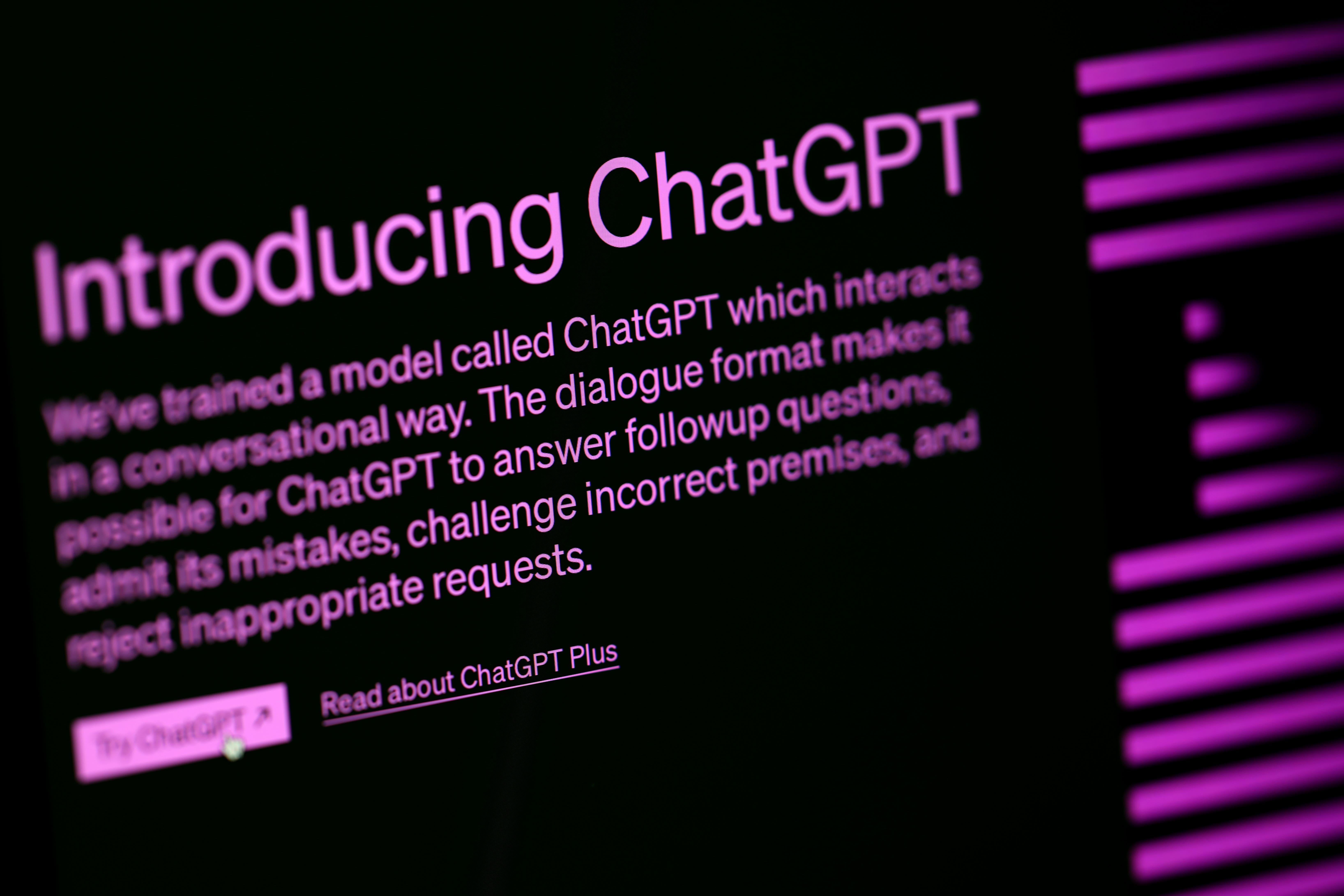ChatGPT could help reduce A&E wait times – study
Researchers in the Netherlands found the language model showed ‘potential’ but concerns remain over privacy when using medical data

Your support helps us to tell the story
From reproductive rights to climate change to Big Tech, The Independent is on the ground when the story is developing. Whether it's investigating the financials of Elon Musk's pro-Trump PAC or producing our latest documentary, 'The A Word', which shines a light on the American women fighting for reproductive rights, we know how important it is to parse out the facts from the messaging.
At such a critical moment in US history, we need reporters on the ground. Your donation allows us to keep sending journalists to speak to both sides of the story.
The Independent is trusted by Americans across the entire political spectrum. And unlike many other quality news outlets, we choose not to lock Americans out of our reporting and analysis with paywalls. We believe quality journalism should be available to everyone, paid for by those who can afford it.
Your support makes all the difference.ChatGPT could be used to diagnose patients in a bid to reduce waiting times in emergency departments, researchers have suggested.
It comes after a study found the language model, powered by artificial intelligence (AI), “performed well” in generating a list of diagnoses for patients and suggesting the most likely option.
Researchers in the Netherlands entered the records of 30 patients who visited an emergency department in 2022, as well as anonymous doctors’ notes, into ChatGPT versions 3.5 and 4.0.
The AI analysis was compared to two clinicians who made a diagnosis based on the same information, both with and without laboratory data.
The benefit of using artificial intelligence could be in supporting doctors with less experience, or it could help in spotting rare diseases
When lab data was included, doctors had the correct answer in their top five differential diagnoses in 87% of cases, compared with 97% for ChatGPT 3.5 and 87% for ChatGPT 4.0.
There was a 60% overlap between the differential diagnoses by clinicians and ChatGPT.
The team said that while ChatGPT was “able to suggest medical diagnoses much like a human doctor would”, more work is needed before it is applied in the real world.
The study was led by Dr Hidde ten Berg and Dr Steef Kurstjens from Jeroen Bosch Hospital s-Hertogenbosch in the Netherlands.
Dr ten Berg said ChatGPT made a list of likely diagnoses and suggested the most likely option, adding: “We also found a lot of overlap with the doctors’ lists of likely diagnoses. Simply put, this indicates that ChatGPT was able to suggest medical diagnoses much like a human doctor would.
“For example, we included a case of a patient presenting with joint pain that was alleviated with painkillers, but redness, joint pain and swelling always recurred. In the previous days, the patient had a fever and sore throat. A few times there was a discolouration of the fingertips.
We are a long way from using ChatGPT in the clinic, but it’s vital that we explore new technology and consider how it could be used to help doctors and their patients
“Based on the physical exam and additional tests, the doctors thought the most likely diagnosis was probably rheumatic fever, but ChatGPT was correct with its most likely diagnosis of vasculitis.”
Dr ten Berg stressed ChatGPT “is not a medical device” and there are “concerns over privacy” when using the programme with medical data.
“However, there is potential here for saving time and reducing waiting times in the emergency department,” he added.
“The benefit of using artificial intelligence could be in supporting doctors with less experience, or it could help in spotting rare diseases.”
The findings of the study – published in the medical journal Annals of Emergency Medicine – will be presented at the European Emergency Medicine Congress (EUSEM) 2023 in Barcelona.
Professor Youri Yordanov, of St Antoine Hospital emergency department in Paris, is chairman of the EUSEM 2023 abstract committee.
He added: “We are a long way from using ChatGPT in the clinic, but it’s vital that we explore new technology and consider how it could be used to help doctors and their patients.
“People who need to go to the emergency department want to be seen as quickly as possible and to have their problem correctly diagnosed and treated. I look forward to more research in this area and hope that it might ultimately support the work of busy health professionals.”